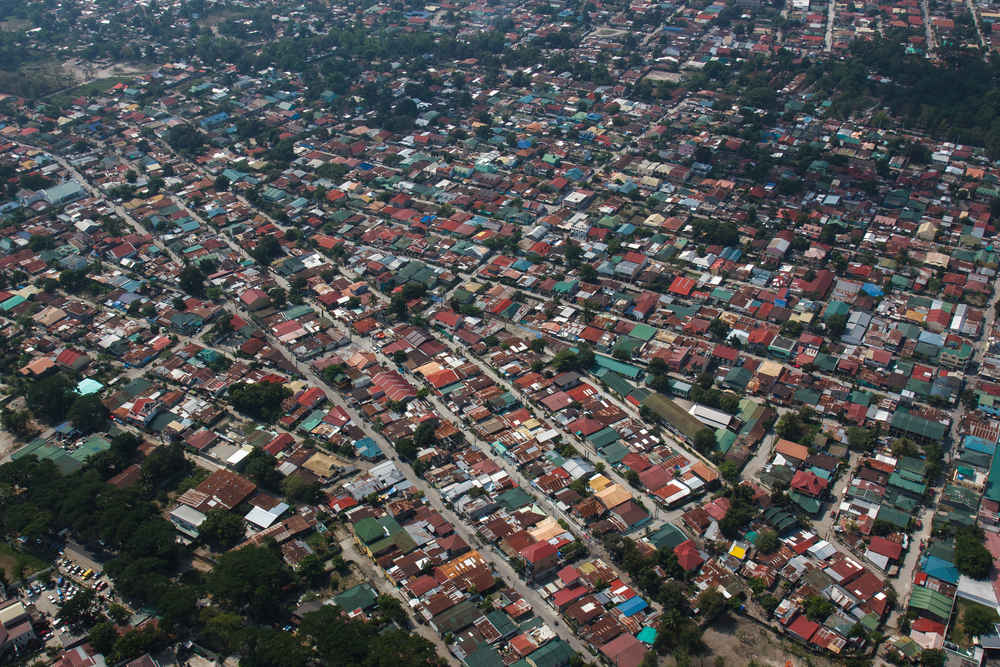Pampanga, the Philippines’ new real estate hub for residential investors
Angeles City is both a modern landscape and a well-protected area of culture and history

Back in August, The Manila Times reported that Pampanga will remain a popular location for those looking to invest in residential units outside Metro Manila.
According to research conducted by Colliers, 18 percent of respondents consider purchasing a condo unit in Pampanga.
“From 2019 to 2021, we recorded an annual average take-up of 590 condominium units in Pampanga, up from the 560 units sold annually from 2016 to 2018. Condominium demand in the province is mostly driven by mid-income, upscale, and luxury projects,” said Research associate director Joey Bondoc.
In Northern Luzon, Angeles City, Pampanga is emerging as a promising real estate market, according to Malaya Business Insight.
It is referred to as the Asia Pacific region’s premier international gateway for being the business and financial core of Central and Northern Luzon.
The so-called “Pampanga Triangle,” which includes Angeles City, serves as a hub for various information technology-business process management firms.
Therefore, Angeles City has a lot to offer in terms of a less populated location that is nevertheless full of job and business opportunities. It is both a modern landscape and a well-protected area of culture and history.
The administration is certain that real estate services will improve as demand grows as the nation’s economy continues to expand, reported Philstar.com.
More: The Philippines, calm after the electoral storm
As the nation progresses toward the new normal, purchasing, selling, and renting of commercial and residential properties will recover, according to Finance Secretary Benjamin Diokno due to employees who used to work from home are beginning to switch to a hybrid setup, which has led to a rise in the demand for spaces.
“Real estate has been a significant player in the Philippine economy but commercial spaces, home rentals, and sales took a downturn during the pandemic,” Diokno said.
“With the easing of mobility restrictions and higher economic activity, we call for the support of the private sector as we strive to exceed pre-pandemic macroeconomic targets,” he added.
The Property Report editors wrote this article. For more information, email: [email protected].
Recommended
Why everyone is moving to Selangor and Johor: Malaysia’s real estate comeback
Malaysia’s upturn in fortunes is especially prevalent in secondary destinations such as Selangor and Johor
Penang’s silicon boom: How the US-China tech war is supercharging local real estate
Penang’s booming semiconductor industry has created ripples within the local real estate sector
New leader, new opportunities: How Hun Manet is shaking up Cambodia’s real estate game
Hun Manet is overseeing decent economic growth and widening access to the country’s real estate market for foreigners
Singapore embraces inclusive housing reforms amid resilient demand
The Lion City’s regulatory strength continues to exert appeal for international investors








